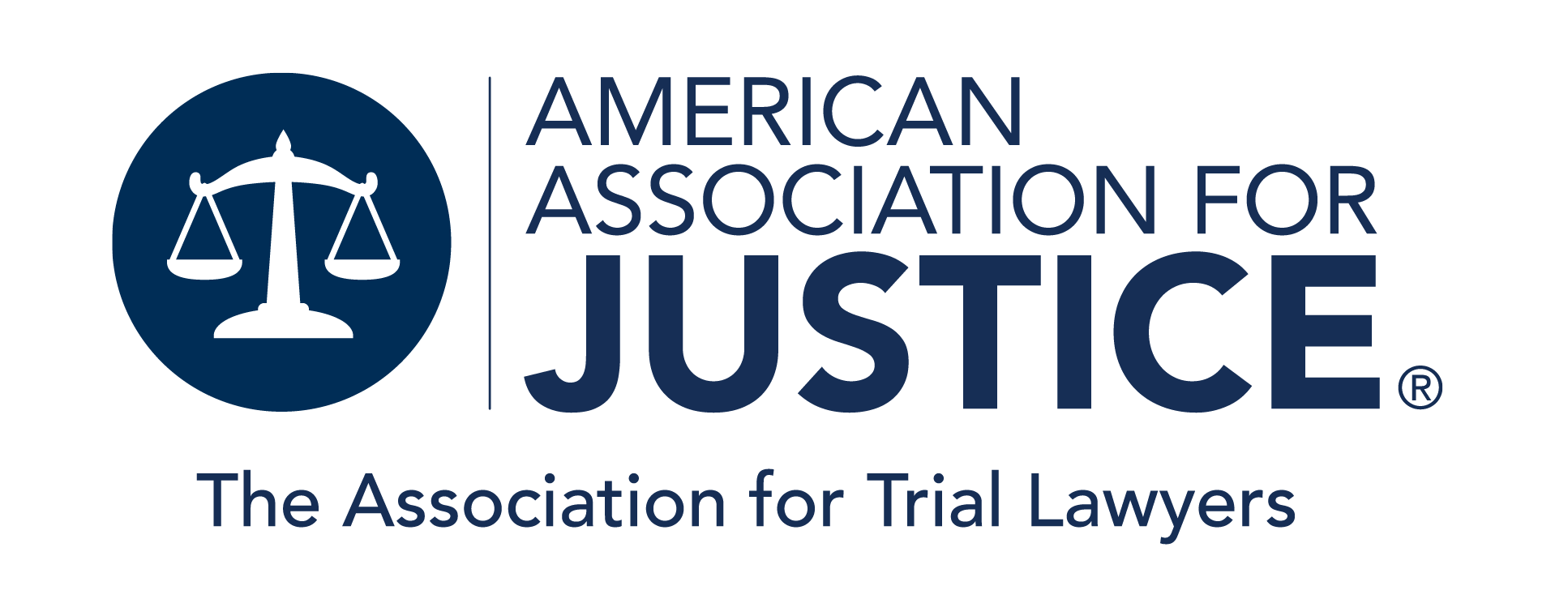Medicare Advantage Risk Adjustment Fraud
Settlements can be up to $22 million.
If you have knowledge of Medicare advantage risk adjustment fraud, an attorney at PriceArmstrong is available for a no-cost, no-obligation and confidential consultation.

What is Risk Adjustment?
Risk adjustment is a method used to offset the cost of providing health insurance for individuals—such as those with chronic health conditions—who represent a high risk to insurers. With risk adjustment, an insurer receives compensation to make up for extra costs associated with high-risk individuals.
Medicare Advantage Plans receive more government funds when their patients have higher costs.
The Medicare Advantage program uses risk adjustment to maintain payments to Medicare Advantage that provide benefits to policyholders. A Medicare Advantage Plan receives a fixed monthly amount per policyholder to cover the expected cost of care for that patient. The monthly amount is based on demographic and health information, and the government pays more for policyholders who are expected to incur a higher healthcare cost—i.e. risk adjustment.
This system of flat rates is meant to encourage preventative healthcare so that the Medicare Advantage Plans can avoid covering higher-cost care and increasing profits while also promoting patient health. However, because Medicare Advantage Plans receive more government funds when their patients have higher costs, this system provides Medicare Advantage Plans with the opportunity to engage in Medicare advantage risk adjustment fraud.
Medicare advantage risk adjustment fraud occurs when Medicare Advantage Plans engage in fraudulent activities to make patients appear in worse health than they actually are, inflating monthly payments that the company receives per policyholder. It is difficult for the government to detect this type of medical fraud, which is why our country relies on whistleblowers to come forward and report these illegal activities.

What is Medicare Risk Adjustment fraud?
To determine health status, risk adjustment relies on accurate documentation of diagnoses and treatments made by providers. Medicare Advantage Plans may engage in a variety of illegal and fraudulent conduct to inflate the set monthly amount they receive per policyholder. The end game of this conduct is to make patients appear in worse health than they are.
Medicare risk adjustment fraud can take many forms. Common forms include:
- Upcoding: Medicare Advantage Plans will use billing codes to reflect a higher level of services performed, or more serious diagnoses, than the patient actually received. This form of Medicare advantage billing fraud can also encompass the practice of claiming current treatment of a condition that was already accounted for.
- Chart Mining: A Medicare Advantage Plan or a third party is hired to change patient charts after they are created in order to upcode The goal is to make it appear as though the patient’s health is worse than it is—and, therefore, the care more expensive. This can also include chart reviews that only try to upcode and do not fix incorrectly coded conditions and treatments that would decrease the risk adjustment score.
- Misdiagnosing: Physicians and other healthcare providers are encouraged to upcode so that the malpractice does not reflect on direct employees of the Medicare Advantage Plan. This can be accomplished by training or incentivizing providers to more seriously diagnose patients.
- Unapproved claims: This occurs when claims are submitted that are not allowed under Medicare because of the service or provider type.
- Incentivizing: Coders are trained, encouraged or incentivized to input diagnoses not provided by doctors based on other chart information like test results or medications.
- Purposeful Oversight: Failing to establish or maintain adequate compliance procedures to detect upcoding, adhere to CMS requirements and remove false claims is known as purposeful oversight.
- Improper Reporting: This occurs when an internal audit is run and fails to disclose erroneous diagnoses or other problems to Medicare. Failing to filter data properly, resulting in ineligible claim submissions, is also improper reporting.
These types of Medicare Fraud are performed in secret and are difficult to detect through government inspection. Employees or other witnesses who have knowledge of illegal practices have the ability to stop Medicare advantage fraud.
Protection & Rewards
The False Claims Act.
Medicare Advantage Plans that work with Medicare do so in agreement with the federal government, which makes them government contractors. Like most government contractors, Medicare Advantage Plans are subject to the False Claims Act (FCA). The FCA makes it illegal for government contractors to knowingly submit false claims for payment to the federal government. When a Medicare Advantage Plan engages in Medicare risk adjustment fraud and makes a claim for payment from the government, it has violated the FCA.
Qui Tam Provisions
The FCA also includes what are sometimes called qui tam provisions. These provisions allow those with knowledge of fraudulent claims for payment to sue on behalf of the government—also known as a whistleblower. When a whistleblower files an FCA complaint they do so under seal, making the case confidential. The FCA provides employment protection for whistleblowers, so they are safe from termination or discipline for Medicare advantage fraud reporting.
Millions have been settled. Up to 30% awarded.
In addition to these protections, the FCA also provides rewards to the whistleblower in the event of a successful government recovery. Whistleblowers in FCA cases are entitled to 10% to 30% of the government recovery. The settlements for Medicare advantage fraud can be significant. Recent settlements in the risk adjustment fraud area have ranged between $16 million to $22 million.





Frequently Asked Questions
Can anyone bring a qui tam or whistleblower action?
If you have specific information about a violation of the False Claims Act or government fraud, then you may bring a qui tam action, unless you are a current or former member of the Armed Forces or convicted of criminal misconduct involving the same misconduct. Even if you are a participant in the fraud, you are allowed to be a whistleblower. In fact, many whistleblower cases are brought by employees or contractors who discover fraud in the course of their employment.
What if I participated in the fraud?
If you unknowingly participated in the fraud, or were coerced by your employer to participate, your whistleblower case and potential compensation will not be impacted. If you knowingly participated in the fraud, consequences and potential earnings will be based on the level of your participation. Do not let your level of participation in the fraudulent activities stop you from contacting a lawyer – your case will remain sealed and confidential.
How are qui tam plaintiffs compensated?
Qui tam plaintiffs receive a percentage of the recovery in the qui tam action. This is usually between 15% and 25% if the government intervenes in the matter. If the government does not intervene, then plaintiffs may receive up to 30% of any recovery. Part of the role of your qui tam attorney should be to advocate for an appropriate compensation for any whistleblower.
How do I file a qui tam case?
A qui tam action is filed in the United States District Court off of the public record. Your qui tam attorney will be able to help you file your complaint and protect your rights during this time.
Will my qui tam case be sealed?
Under the False Claims Act, every qui tam lawsuit is initially filed “under seal” in federal court. This means that the identity of the whistleblower is protected from public disclosure for a period of time to allow the government to investigate the conduct alleged. If you file a qui tam case, this investigation period is crucially and it is important to have attorneys who are experienced and equipped to work in concert with the government.
Does it matter how quickly I file?
Yes, when you file your whistleblower lawsuit can be important, for at least two reasons. First, all claims under the False Claims Act are subject to a statute of limitations which can prevent recovery if a case is brought too late in some circumstances. Second, particularly for fraud that is widespread throughout a company, multiple cases may be filed by different whistleblowers. As the False Claims Act provides for the anonymity of whistleblowers to be protected during the investigation phase of qui tam cases, only the government may know of the extent of these filings. A “first to file” rule can apply which limits the role and recovery of any subsequent whistleblower who files after the first case.
Is government contractor fraud common?
Government contract fraud is more common than many believe. One of the primary examples of government contractor fraud comes from defense contractors. The U.S. spends hundreds of billions each year on our national defense. Some of the ways defense contractors attempt to perpetrate fraud on the federal government include:
- Inflating the charges and costs of items;
- Violating the Truth-in-Negotiations Act;
- Providing military items which fail to conform to the original contract;
- Improperly allocating costs;
- Improperly substituting products;
- Cross-charging;
- Price-fixing;
- Collusion and bid-rigging;
- Overcharging for materials, labor or supplies, and
- Falsifying information to convince the government to agree to a contract.
Reach out and take advantage of our free case evaluation.
All your communications with PriceArmstrong will be kept confidential and, if we take your case, there are no-out-of pocket costs to you.